St. George’s Day (Gergyovden), celebrated on May 6, is one of Bulgaria’s most cherished holidays. It beautifully weaves together Christian […]
St. Nicholas of Myra
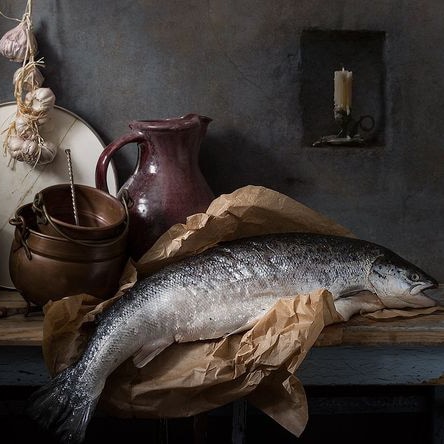
Nicholas Day is one of the most beloved winter holidays. The feast of fishermen, sailors, travelers and adventurers, and bankers. On December 6, we celebrate the feast of St. Nicholas the Wonderworker of Mirlikia, also known as Nicholas of Bari.
In the national calendar, the holiday is known as Nicholas Day - one of the biggest Bulgarian holidays. Saint Nicholas, as is the Bulgarian name of the saint, is revered as the patron saint of sailors, fishermen, and the vast depths of the sea, as well as shipwrecked people in distress.
Saint Nicholas was born in Lycia, Maloasia Province, in the year 280, and during the reign of Emperor Constantine the Great, he assumed the position of Myrlician Archbishop, participating in the First Ecumenical Church Council of Nicaea. His life's path ends in the year 142. In 1087, the relics of Saint Nicholas were transferred to Bari, Italy. They are kept there to this day in a basilica that was built in honor of the saint.
Legends
One of the legends says that when God divided the world between the six holy brothers - Saint Joan, Saint Elijah, Saint Basil, Saint Peter, Saint Athanasius, and Saint Nicholas. The water elements fell on Saint Nicholas, and he was endowed with the power to control the sea, stops the winds, or amplify hurricanes when he gets angry.
More legends tell us how once he went out to sea with his comrades and a terrible storm arose that blew the boat away. Then the saint reached into the water and pulled out a large fish, with which he closed the gaping bottom, so everyone returned to land safe and sound, and to thank him for his kindness, they cooked a carp for St. Nicholas. From that day there is a tradition of a fish sacrifice that has been preserved at the feast of Nicholas Day.
Folk representations of the "wet Saint Nicholas" or the "fish saint" are diverse. He makes sense as a winged guy with extraordinary physical strength. He flies with his golden wings over the sea and oceans and engages in fierce battles with water demons. In other cases, he is called old, winter St. Nicholas, and is described as a white-bearded old man. Christian iconography also depicts him as an old man, a patron of the water.
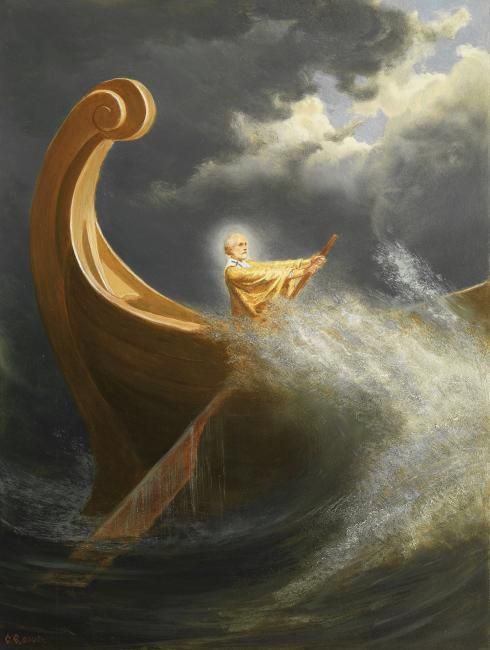
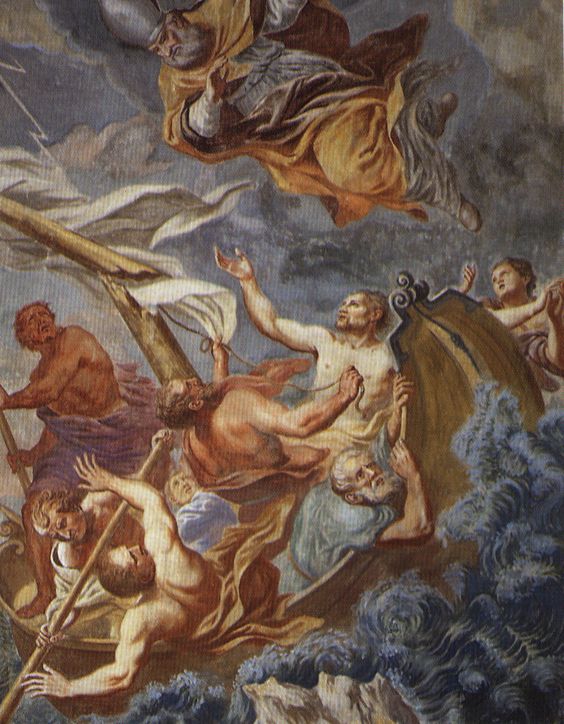
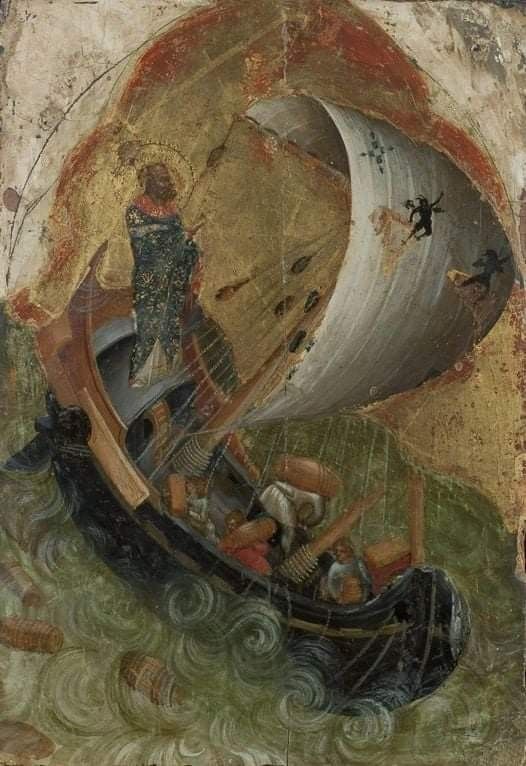
Traditional Food
Since Nicholas Day is during the Christmas fasts, the table should include fish and ritual bread, and a lot of lean dishes such as peppers or stuffed cabbage /Sarmi/ with rice, beans, boiled corn, wheat, and ripe beans.
At the festive table, there must be a fish dish /carp baked in dough/and a ritual bread. The folk proverb says: "Varvara cooks, Sava bakes, Nikola comes with the big spoon and hosts guests."
The folk tradition dictates that the ritual fish and the loaves have to be consecrated in a church or at home, and pieces of the food are distributed to the neighbors. Most of the fish and the bread have to be eaten at the family dinner. The bread must be broken by the owner and raised high above the table.
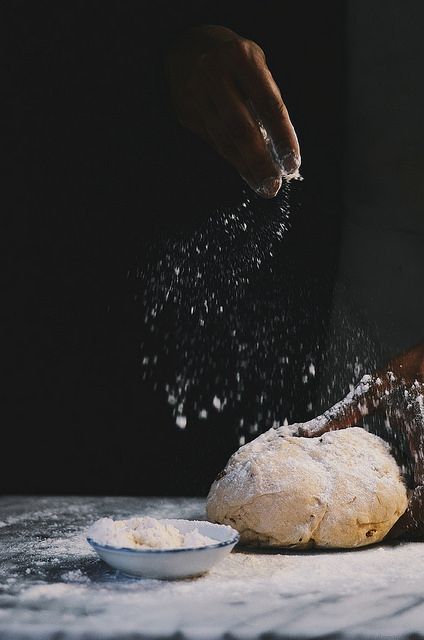
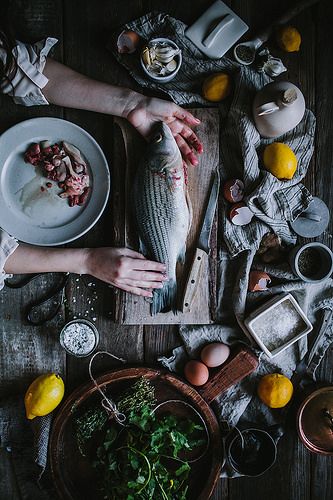
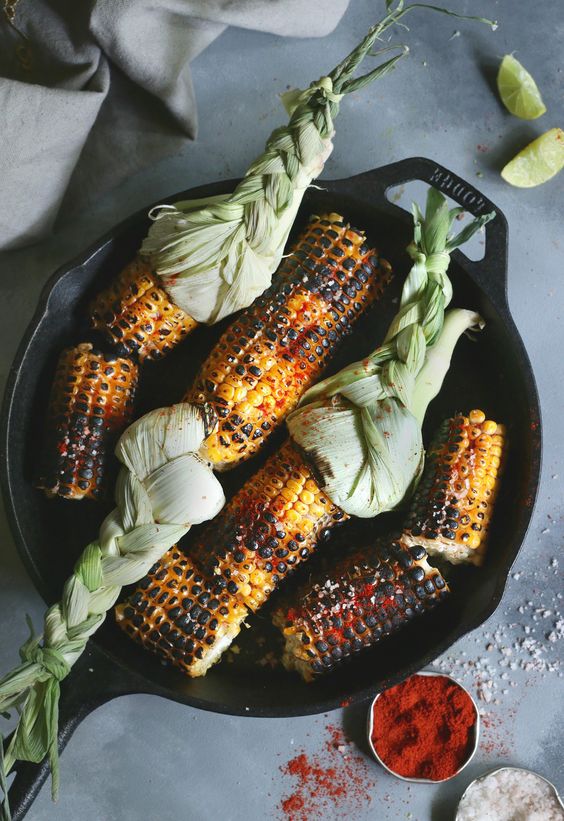
Superstitions and Lore of St. Nicholas of Myra`s Day
The rite of St. Nicholas`s Day is associated with the Bulgarian Christmas traditions In Strandzha, for example, all the caroling boys visit the home of their "mentor" after the holiday to extend a solemn invitation to him to be the leader of their caroling group.
By tradition, on the 6th of December, Bulgarian fishermen and sailors put an end to autumn-winter fishing, and the last catch is sacrificed to the saint. Together with their families, they participate in a solemn church liturgy, after which common festive meals dedicated to the saint are arranged.
When a new boat is made, it must have an icon of St. Nicholas. It is believed that it protects the boat from storms and winds.
According to this belief, when cleaning the fish, you should be careful not to step on any fallen fish scale. The gish scales have to be carefully cleaned so that they do not fall to the ground. If it does fall, it should not be stepped on, because according to the belief, whoever steps on it will get sick or something bad will happen to him.
Fish bones are collected and burned in the ground or thrown into running water /river or sea/ to preserve and increase fertility and family well-being.
According to tradition, mothers used the bone from the carp's head, which has the shape of a cross, as an amulet that they sewed into the clothes of small children to protect them from illness. This bone is considered extraordinary healing and is believed to protect against "evil eyes".
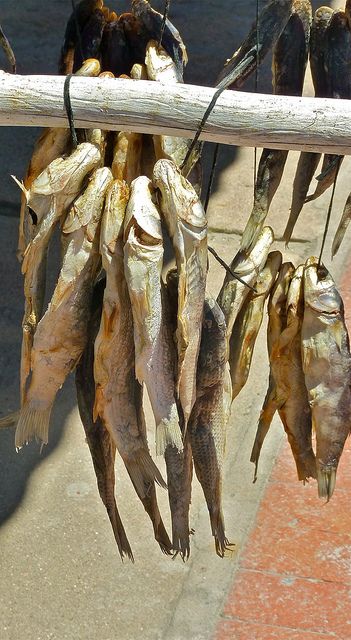
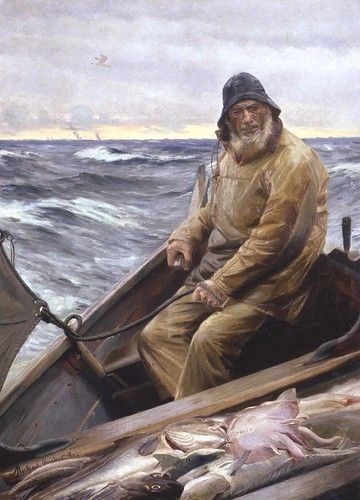
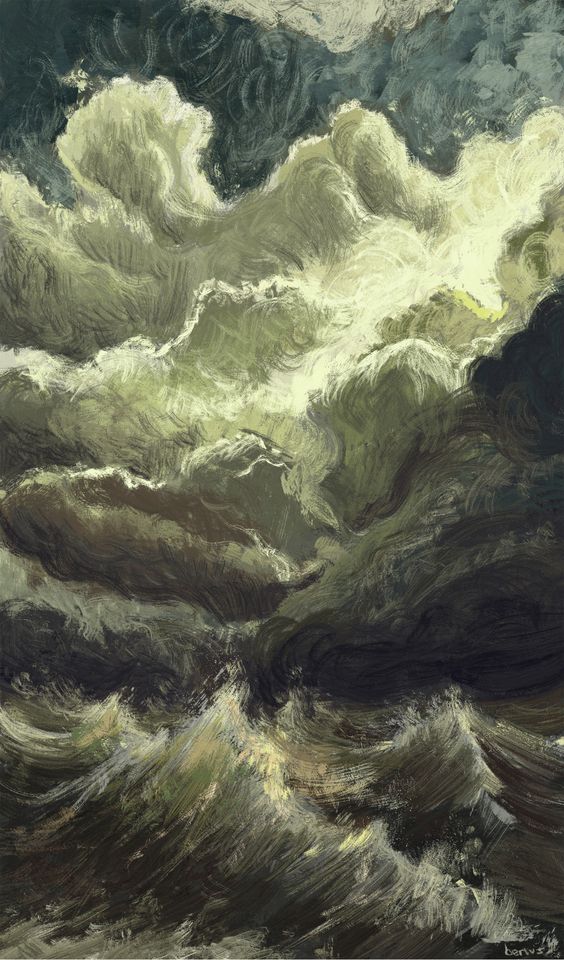
On the 6th of December every year, the name day is celebrated by all with the name of Nikolay, Nikola, Nikolina, Nina, Nikol, Nicoleta, Kolyu, Nenka, Nenko, and their derivatives.
